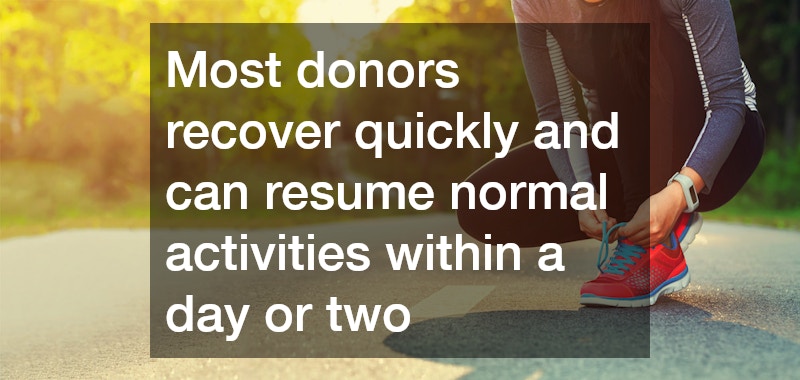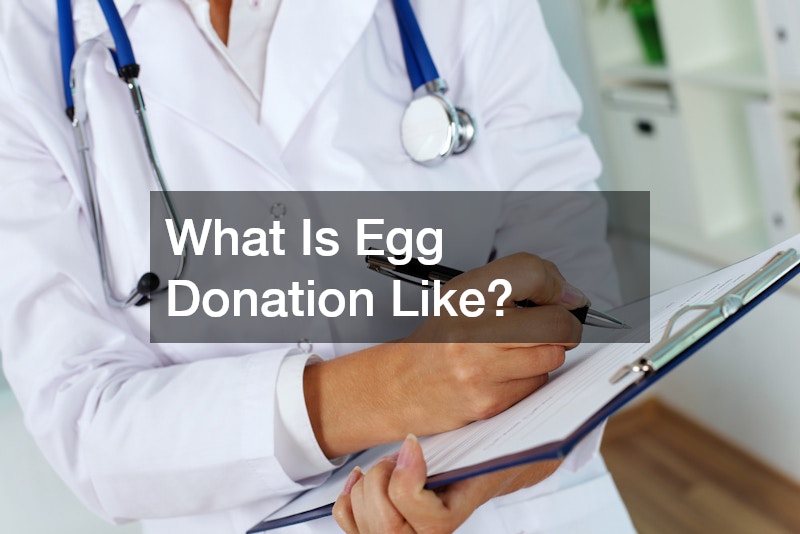
Egg donation is a generous way to help individuals or couples who face fertility challenges start a family. While it’s often seen as an altruistic act, many women also wonder what the process entails and how it feels physically and emotionally. For those considering it, you might think, “What does selling my eggs involve?” Here’s a breakdown of the experience.
The process begins with a thorough application and screening.
You’ll typically undergo medical evaluations, genetic testing, and psychological assessments to ensure you’re a good candidate. This is followed by signing a legal agreement that outlines rights and responsibilities for both you and the recipient.
Once approved, the next step involves syncing your cycle with the recipient’s through hormone injections. These medications stimulate your ovaries to produce multiple eggs, which are then monitored through ultrasounds and blood tests. While the injections can cause mild side effects like bloating or mood swings, they’re generally well-tolerated.

The egg retrieval procedure is minimally invasive and performed under sedation. Using ultrasound guidance, a physician collects the eggs in about 20-30 minutes. Most donors recover quickly and can resume normal activities within a day or two.
Egg donation is a significant commitment, both physically and emotionally. While compensation is offered—leading some to think of it as “selling my eggs”—many donors say the greatest reward is knowing they’ve helped create a family. Before deciding, it’s important to consult with a trusted clinic and fully understand the process.



